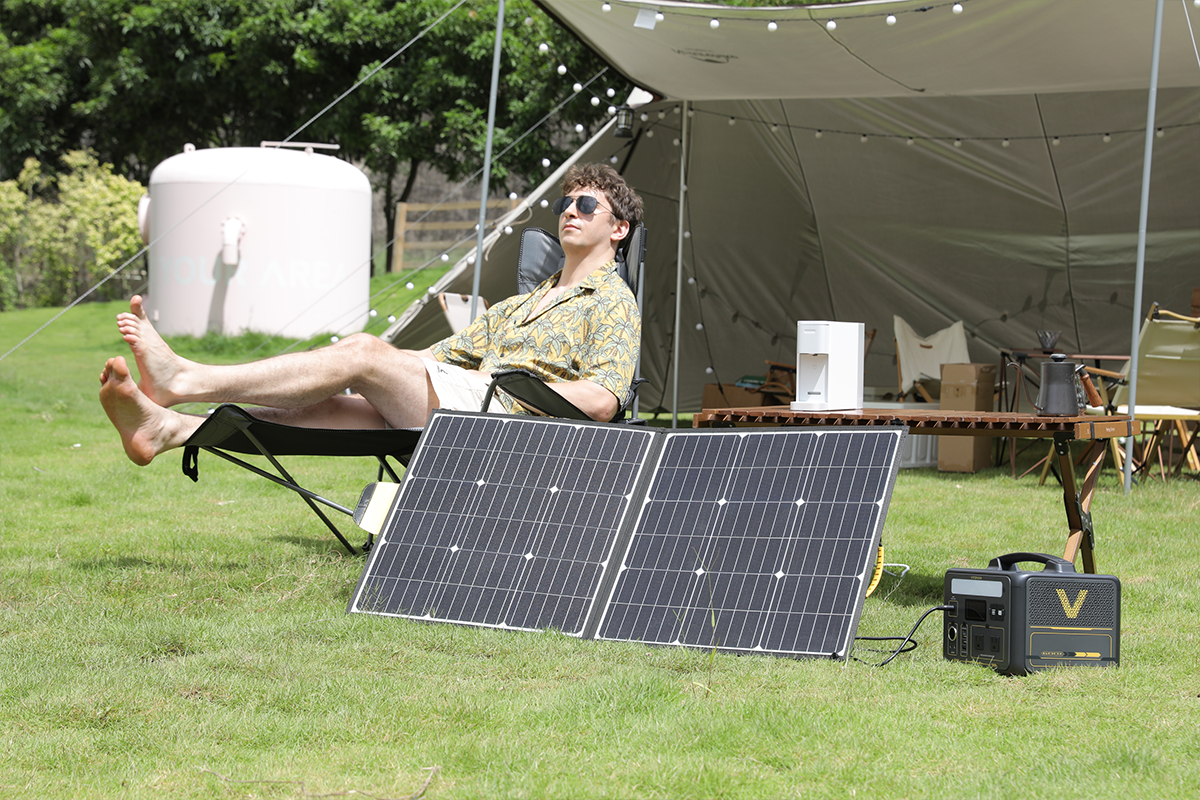When it comes to camping, having a reliable source of power is essential. Whether you need to charge your devices, power your appliances, or run your camping lights, a generator can provide the electricity you need. However, choosing the right generator for your camping needs can be a daunting task. In this article, we will explore the differences between portable and inverter generators, helping you make an informed decision for your next camping trip.

Understanding Portable Generators
Portable generators are a popular choice among campers due to their versatility and affordability. These generators are powered by gasoline or propane and can provide a significant amount of power. They are typically larger and heavier than inverter generators, making them more suitable for car camping or RV camping where weight and size are not major concerns.
One of the advantages of portable generators is their ability to produce a high wattage output, making them suitable for powering larger appliances such as refrigerators or air conditioners. They also tend to have larger fuel tanks, allowing for longer run times without the need for refueling.
However, portable generators are known for their noise levels. They can be quite loud, which may not be ideal for camping in quiet and peaceful environments. Additionally, they may not provide a stable power output, which can be problematic for sensitive electronics.
Exploring Inverter Generators
Inverter generators, on the other hand, are a more recent innovation in the camping generator market. These generators use advanced technology to produce clean and stable power, making them ideal for powering sensitive electronics such as laptops, smartphones, and cameras.
One of the key advantages of inverter generators is their compact and lightweight design. They are much smaller and lighter than portable generators, making them highly portable and easy to transport. This makes them a great choice for backpackers or campers who prioritize mobility.
Inverter generators are also known for their fuel efficiency. They adjust their engine speed based on the power demand, resulting in lower fuel consumption and longer run times. Additionally, they operate at a lower noise level compared to portable generators, making them more suitable for camping in quiet environments.
Choosing the Right Generator for Your Camping Needs
When it comes to choosing between portable and inverter generators for camping, it ultimately depends on your specific needs and preferences. Here are a few factors to consider:
Power Output:
If you require a high wattage output to power larger appliances, a portable generator may be the better choice. However, if you primarily need to charge small devices or power sensitive electronics, an inverter generator would be more suitable.
Portability:
If you prioritize mobility and need a generator that is easy to transport, an inverter generator is the way to go. They are lightweight and compact, making them perfect for backpacking or camping in remote locations. Portable generators, on the other hand, are better suited for car camping or RV camping where weight and size are not major concerns.
Noise Level:
If you value peace and quiet during your camping trips, an inverter generator is the better option. They operate at a lower noise level compared to portable generators, allowing you to enjoy the serenity of nature without the constant hum of a generator.
Fuel Efficiency:
If you want to minimize fuel consumption and have longer run times without the need for refueling, an inverter generator is the more fuel-efficient choice. They adjust their engine speed based on the power demand, resulting in lower fuel consumption compared to portable generators.
By considering these factors and your specific camping needs, you can make an informed decision between portable and inverter generators.
Conclusion
Choosing the right generator for your camping adventures is crucial to ensure a comfortable and enjoyable experience. Portable generators offer high power output and longer run times, while inverter generators provide clean and stable power for sensitive electronics. By understanding the differences between these two types of generators and considering factors such as power output, portability, noise level, and fuel efficiency, you can make the best choice for your camping needs.
For more information on choosing the right generator for camping, check out the following resources:








